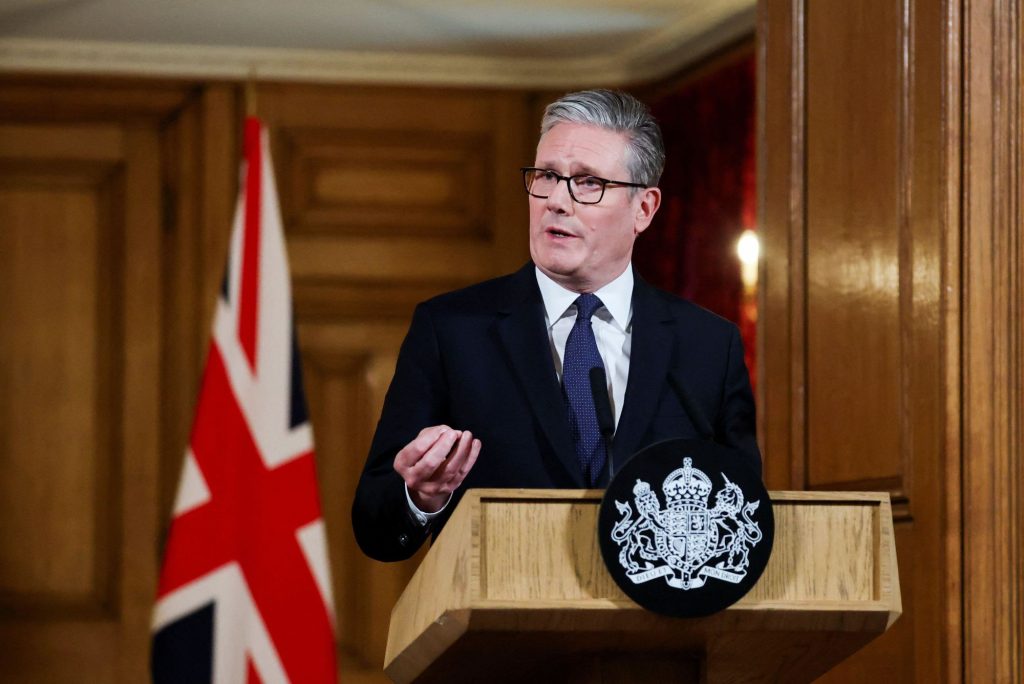Hostage situation stalls UK recognition of Palestinian state
A growing chorus of Labour MPs has urged the Prime Minister’s office to press pause on any UK recognition of a Palestinian state next month, citing the continued captivity of hostages in Gaza. Their call comes amid concerns that formal recognition at this stage could undermine hostage release efforts and send the wrong diplomatic signal.
Labour backbenchers demand a rethink
In a joint letter to No 10, a group of Labour backbenchers—representing both constituency and shadow frontbench roles—warned that any agreement to recognise Palestinian statehood in September might be premature if Hamas still holds Israeli civilians and soldiers in Gaza. They argue the UK should instead leverage recognition as a bargaining tool to secure the safe return of hostages.
- Timing concerns: MPs stress that recognition talks are scheduled alongside peace-building pledges, but the hostage crisis remains unresolved.
- Diplomatic leverage: They propose delaying formal recognition until a clear timetable for international monitoring and hostage repatriation is agreed.
- Unified approach: The letter urges coordination with key allies—particularly the US and EU members—to adopt a joint stance tying recognition to tangible humanitarian outcomes.
Balancing humanitarian and political objectives
Labour MPs emphasise that while supporting a two-state solution remains vital, the moral imperative to prioritise civilian lives must guide any diplomatic shift. With estimates suggesting dozens of hostages still unaccounted for, they warn that advancing statehood without securing their release risks adding to suffering and could provoke domestic backlash.
Key voices in Parliament
Among those signing the appeal are MPs known for their focus on Middle East policy and human rights:
- MP A: “Recognition is a worthy goal, but not while innocent people remain captive—it must not be used to reward hostage-taking.”
- MP B: “We need a clear plan: will recognition bring any pressure on Hamas to negotiate? We cannot gamble hostages’ lives on diplomatic gestures.”
- MP C: “Our country’s credibility hinges on protecting civilians. Recognition must wait until we see concrete progress on release and accountability.”
No 10 response and next steps
Downing Street has yet to issue a formal reply to the letter, though officials indicate that the government remains committed to exploring recognition in line with international partners. Sources suggest a working group is assessing security guarantees, UN engagement and potential oversight mechanisms tied to any declaration of Palestinian statehood.
International precedent and ally positions
The UK’s approach will be watched closely by both allies and opponents. While some European nations have already extended de facto recognition or expressed readiness to do so, others—including the US—have conditioned recognition on progress in peace negotiations and humanitarian access. Labour MPs urge the UK to align with the strictest interpretations of these conditions to maintain a united western front.
Potential impact on peace prospects
Advocates for immediate recognition argue it could inject fresh momentum into stalled talks and signal strong UK support for a two-state outcome. However, critics—now joined by Labour backbenchers—counter that unilateral action might harden negotiating positions and provide propaganda victories to Hamas. The hostage issue, they maintain, must take precedence over symbolic milestones.
Parliamentary debate looms
With the Labour leadership championing a balanced approach to Middle East policy, the party faces internal pressure to reconcile support for Palestinian self-determination with robust measures to protect hostages and civilians. A parliamentary debate is expected in early September, where MPs across the aisle will scrutinise the timing and terms of any proposed recognition motion.
Public sentiment and media scrutiny
Public opinion polls indicate a nation deeply divided on the Israel–Gaza conflict, with strong sympathy for both Palestinian statehood and the plight of hostages. Media outlets are likely to escalate coverage as the recognition deadline approaches, amplifying voices on both sides and prompting lawmakers to tread carefully between moral imperatives and diplomatic strategy.
